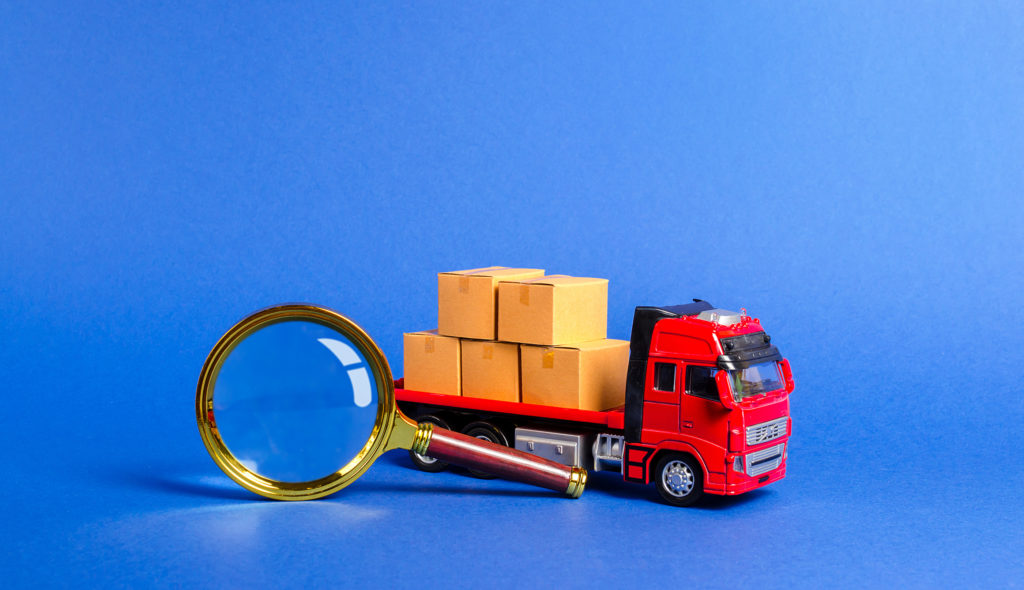During the current pandemic, the focus of many has been on the manufacture of the medical equipment required for the treatment of COVID -19 and their urgent movement through the international supply chain.
That movement has required the management of existing and new export and import controls as well as steps to facilitate the movement of those items by air freight. In the Australian context, our Federal Government has taken steps to ensure the availability of air cargo by the International Freight Assistance Mechanism (IFAM). The IFAM included short – term funding to permit the carriage of seafood and other primary produce by air to markets in Asia and the Middle East with the aircraft being tasked to return with such medical items. More details on the IFAM can be found at here.
Other international action has included a new Chinese regime for the quality certification of equipment intended to be exported by the National Medical Products Association as a response to complaints on the quality of Chinese equipment. Other nations (including Australia) have introduced other controls on the export of such equipment made in their jurisdiction. Another important development has been the agreement to defer customs duty and GST (or VAT) on the import of such equipment in certain countries. In related developments several nations have further established temporary exemptions from customs duty otherwise payable on the imports of medical equipment. Those exemptions are only intended to operate on a temporary basis during the period of the pandemic and, importantly, do not create exemptions from any dumping and countervailing duty.
In our region, New Zealand moved some time ago on the exemption from duty issue by creating certain specific exemptions from duty and confirming that certain equipment would otherwise be included under existing tariff concession items. There had been industry requests for similar action in Australia and at a meeting of the National Committee on Trade Facilitation (NCTF) held on Wednesday, 29 April 2020, industry was given notice that the Australian Border Force (ABF) was proposing to take action to create temporary exemptions from customs duty on a number of categories of medical equipment required in the treatment of COVID – 19. As promised in the NCTF meeting, the ABF has subsequently provided details of the arrangements in ACN 2020/20 discussed in more detail below.
It is the interests of all producers, importers and their licensed customs brokers to be aware of the details of these changes so that the exemptions can be implemented for future imports and for customs duty refunds to be secured from an effective date of 1 February 2020. The exemption is only temporary for so long as the relevant Biosecurity Determination regarding the pandemic is in place. It is being effected by way of a new Item 57 to Schedule 4 of the Customs Tariff Act (1995) to give effect to new By – law number 2019608 to be in effect from 1 February 2020 until 30 June 2020 but which will presumably be extended if the Determination is also extended. That By – law identifies the types of goods to be covered by the new arrangements. Importantly, it only provides for use if no other concessional arrangements apply whether in Schedule 4 or a TCO. Further, the By – law does NOT apply to hand sanitiser taking into account significant local production of that item. More details on the arrangements for claiming the By – law for imports and for refunds are found in ACN 2020/20 to be found at here. The Notice includes some indicative classifications of goods affected but they are only indicative and those seeking to use them need to properly classify the goods, determine whether they meet the By – law and then use that By – law correctly. No doubt, many in industry will be busy with these issues now and into the future.
I look forward to discussing this Notice and these issues with you in more detail in the near future!
| Disclaimer: This publication contains comments of a general nature only and is provided as an information service. It is not intended to be relied upon as, nor is it a substitute for specific professional advice. No responsibility can be accepted by Rigby Cooke Lawyers or the authors for loss occasioned to any person doing anything as a result of any material in this publication.
Liability limited by a scheme approved under Professional Standards Legislation. ©2020 Rigby Cooke Lawyers |
